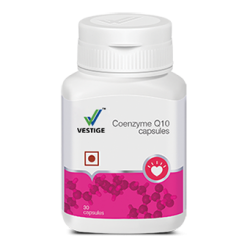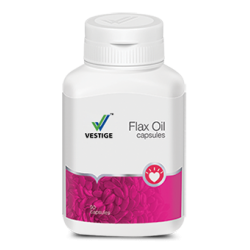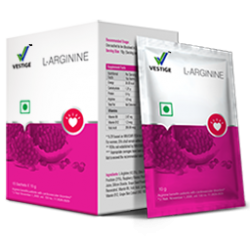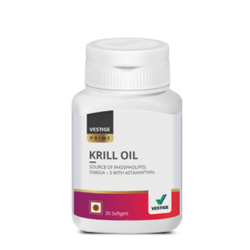Cardio Care

Heart is one of the most vital organs of the human body. Heart is like a pump that supplies blood with oxygen and nutrients to all the parts of your body. It requires a constant supply of fresh oxygenated blood through tube like structures called arteries to function smoothly. When plaque (fatty material, calcium or scar tissue) builds up in the arteries, the walls become narrow which restricts adequate blood from reaching the heart. The process of building up of plaque on the walls of the arteries is known as atherosclerosis. Further, i a blood clot forms at the plaque, it can completely restrict the blood flow which can result in serious conditions like a heart attack or stroke.
Some of the most common symptoms of heart disease are-
- Shortness of breath
- Palpitations (Irregular heartbeats or a flip flop feeling in the chest)
- Rapid heartbeat
- Weakness or dizziness
- Nausea and sweating
- Extreme weakness, anxiety or shortness of breath
- A pressing or squeezing pain, usually in the chest under the breast bone but sometimes in the shoulders, arms, neck, jaws, back or upper abdomen. It can be confused with indigestion or heartburn.
Age, gender, hypertension or high blood pressure, high cholesterol levels, smoking, excessive alcohol consumption, family history, obesity, diabetes and air pollution are some of the major contributing risk factors of heart disease.
According to World Health Organization's reports, cardiovascular diseases (CVDs) are the most common cause of death in the world. In 2008, almost 30% of all global deaths were caused by CVDs. It is also estimated that by 2020, India will have more than 4.77 million deaths a year due to cardiovascular disease and 2.58 million deaths due to coronary heart diseases (CHD).





